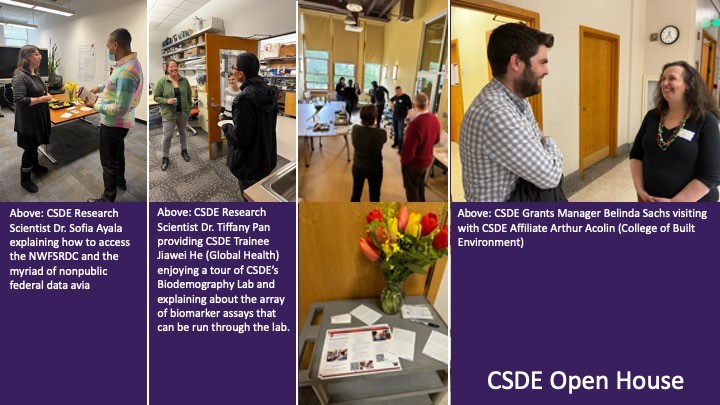Arizona State University’s Department of Psychology and REACH Institute in The College of
Liberal Arts and Sciences and College of Health Solutions invite applications for a NIDA-funded
T32 Postdoctoral Fellowship focused on closing the research-practice gap in substance use
prevention.
Training is delivered through individually-tailored programs of coursework in drug abuse and implementation science and mentored research experience. Trainees select multiple mentors from a large and multidisciplinary faculty whose work informs the implementation of preventive interventions with children, youth, and families in settings such as schools, healthcare, community behavioral health, and family courts, as well as eHealth interventions. Emphases include implementation science for the adoption and sustainability of preventive interventions in regular service delivery settings, interventions for culturally diverse populations, and advanced quantitative research methods in prevention science.
The program is particularly interested in applicants with the potential to bring to their research careers the critical perspective that comes from their understanding of the experiences of groups historically underrepresented in research and higher education.
Training is for a two-year period, with the potential for a third year on a case-by-case basis. The position is full-time, fiscal-year (12-month), benefits-eligible appointment with no tenure implications. For more information regarding benefits, visit
For further information, visit https://psychology.clas.asu.edu/content/research-training-primary-prevention-t32.
Flexible start date between July 1, 2023 and June 30, 2024. Complete applications can be submitted after the initial application deadline and will be reviewed on a rolling basis until the position is filled.
Minimum Qualifications:
- Candidates must have earned a PhD (within the last 5 years or anticipated by the beginning of the appointment) in a field relevant to substance use prevention and/or implementation science.
- Candidates must be a US citizen or permanent resident.
- Demonstrated commitment to working with diverse students, faculty, staff, and communities.
Interested candidates submit required documents as pdf(s) through Interfolio http://apply.interfolio.com/124674:
- curriculum vita
- statement of research and training goals
- three letters of recommendation to be uploaded by your recommenders to Interfolio directly
- statement addressing how your past and/or potential contributions to diversity and inclusion will advance ASU’s commitment to inclusive excellence
Initial review of complete applications will begin on June 6, 2023; if not filled, review will continue every week thereafter until the search is closed.
Inquiries concerning the training program should be addressed to: Dr. Laurie Chassin at laurie.chassin@asu.edu. Be sure to include “T32 Postdoctoral training program” in the subject line when sending emails.
Arizona State University is located in the Phoenix metropolitan area and offers all of the amenities of a large urban/winter resort area. Learn more about the Department of Psychology by viewing ASU Department of Psychology Home page | Department of Psychology and about what The College of Liberal Arts and Sciences and the College of Health Solutions have to offer by viewing Faculty recruitment work at the college jobs | The College of Liberal Arts and Sciences (asu.edu)and College of Health Solutions | Arizona State University (asu.edu).
The College values our cultural and intellectual diversity, and continually strives to foster a welcoming and inclusive environment. We are especially interested in applicants who can strengthen the diversity of the academic community.
A background check is required for employment. Arizona State University is a VEVRAA Federal Contractor and an Equal Opportunity/Affirmative Action Employer. All qualified applicants will receive consideration for employment without regard to race, color, religion, sex, sexual orientation, gender identity, national origin, disability, protected veteran status, or any other basis protected by law. (See Arizona State University (asu.edu) and https://www.asu.edu/titleIX/)
In compliance with federal law, ASU prepares an annual report on campus security and fire safety programs and resources. ASU’s Annual Security and Fire Safety Report is available online at ASU Annual Security and Fire Safety Report | 2022. You may request a hard copy of the report by contacting the ASU Police Department at 480-965-3456.
COVID-19 Vaccination – Arizona State University is a federal contractor and subject to federal regulations which may require you to produce a record of a COVID-19 vaccination. For questions about medical or religious accommodations, please visit the Office of Diversity, Equity and Inclusion’s webpage.
